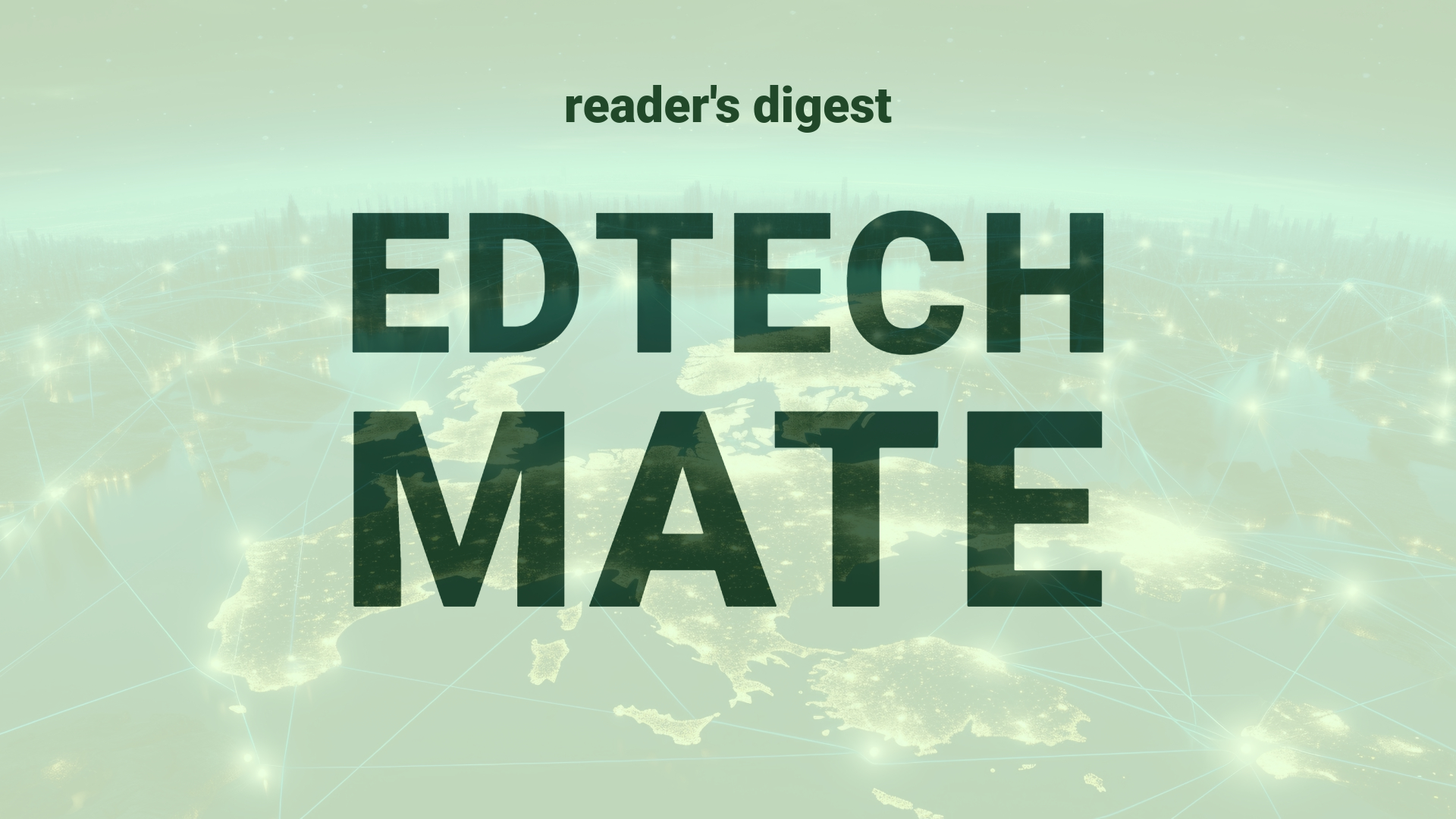“`html
Executive Summary and Main Points
The AI sector, specifically within the context of global higher educational dynamics, has been witness to revolutionary growth and innovation. At the Viva Technology show in Paris, attention showcased the rising significance of fledgling companies like Mistral AI and Anthropic, which have seen staggering valuation increases after considerable investments from tech behemoths such as Microsoft and Amazon. This surge propels startup founders like Arthur Mensch of Mistral AI, now valued at $2 billion and seeking expansion at a $6 billion valuation, into the spotlight. Similarly, Anthropic, having secured around $4 billion from Amazon, emphasizes the industry’s swift acceleration. The conference dynamics reveal a shifting paradigm where AI technology firms and their leaders are becoming central figures in the tech ecosystem.
Potential Impact in the Education Sector
The rapidly expanding valuations and investments in AI startups like Mistral AI and Anthropic signify a major shift in the educational sector that may see enhanced use of AI to facilitate learning and administration. Such growth can potentially lead to the proliferation of advanced AI models in Further Education and Higher Education, deeply embedding digital transformation in these institutions. Moreover, the trend could catalyze the development of Micro-credentials, offering personalized learning experiences and creating new vistas for strategic partnerships within the global education marketplace.
Potential Applicability in the Education Sector
Innovative applications of AI, such as those under development by Mistral AI and others, hold promise for transformation in global education systems. These applications could encompass adaptive learning platforms, predictive analytics for student success, and AI-assisted research tools. Digital tools can bridge geographical divides, bringing quality education to remote areas and infusing curricula with cutting-edge technology knowledge vital for student competitiveness in the digital economy.
Criticism and Potential Shortfalls
Despite the optimistic outlook, it is crucial to acknowledge the criticisms and potential shortfalls presented by over-reliance on AI within education. Case studies exemplify instances where AI-based educational tools have magnified socioeconomic disparities or failed to consider cultural nuances in pedagogy. There are also ethical concerns about data privacy and the potential of AI to perpetuate biases if not carefully overseen. These considerations highlight the need for a balanced approach to integrating AI into educational frameworks.
Actionable Recommendations
Educational leaders should approach the integration of such technologies prudently, focusing on closing the digital divide and ensuring inclusivity. Recommended actions include investing in equitable AI research and development that accounts for diverse educational needs, establishing norms for ethical AI use, and fostering international collaboration to disseminate best practices. Strategic implementation plans should focus on developing digital literacy, safeguarding data privacy, and preparing students for an AI-augmented future.
“`
Source article: https://www.cnbc.com/2024/05/24/mistral-ai-anthropic-ceos-are-the-new-tech-rockstars-in-ai-boom.html

